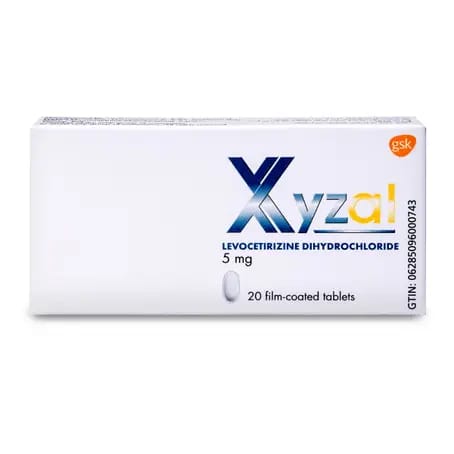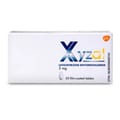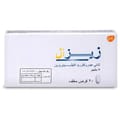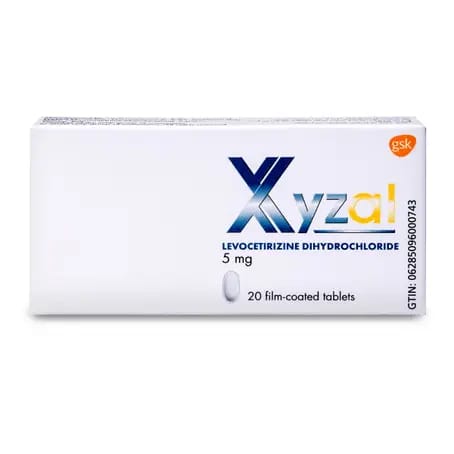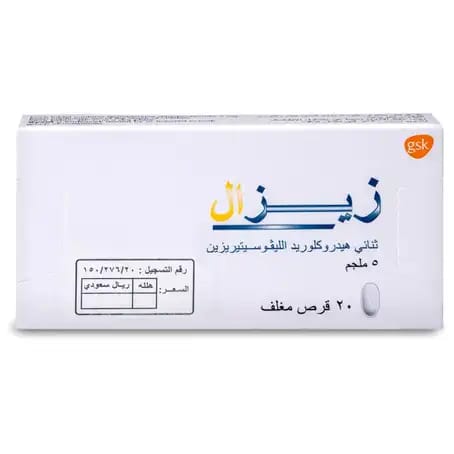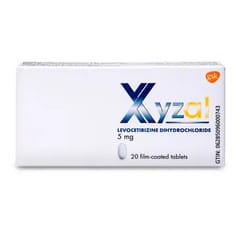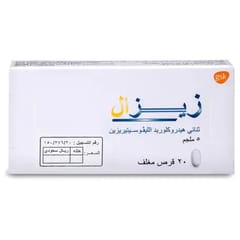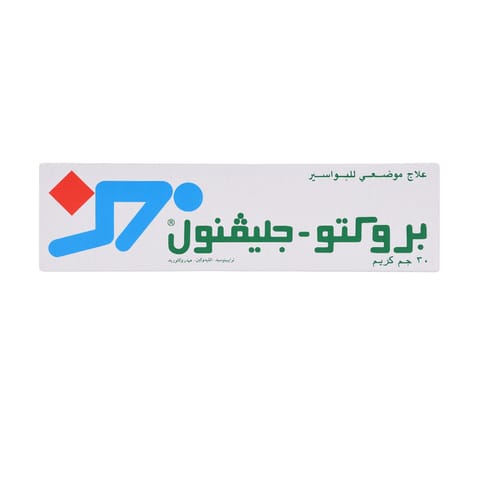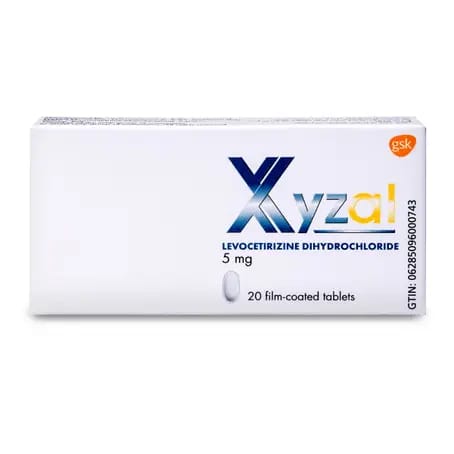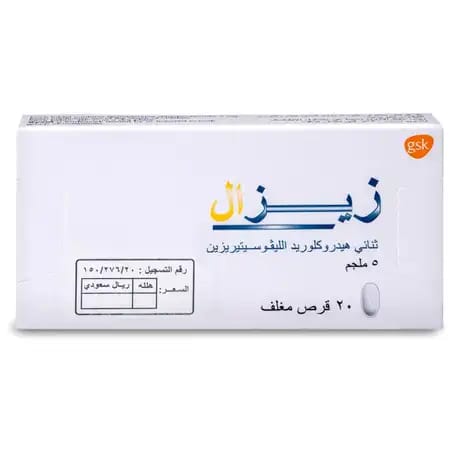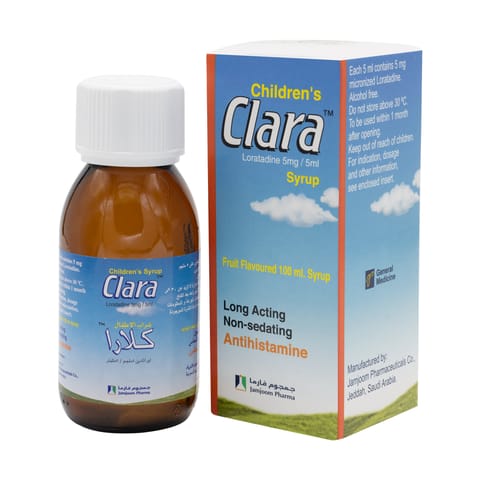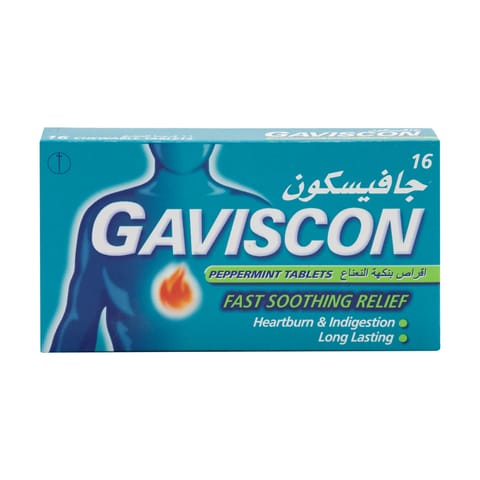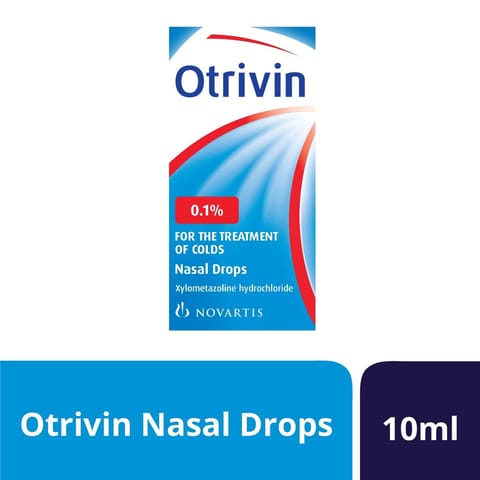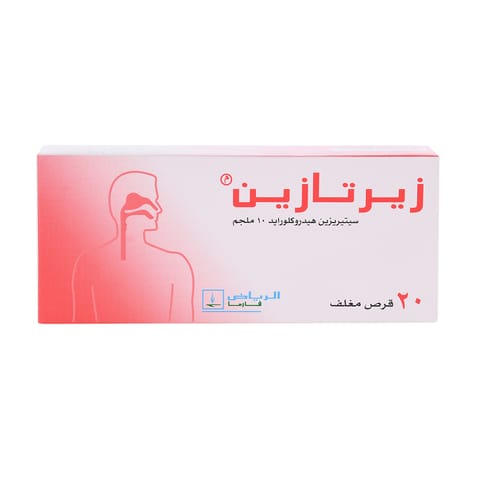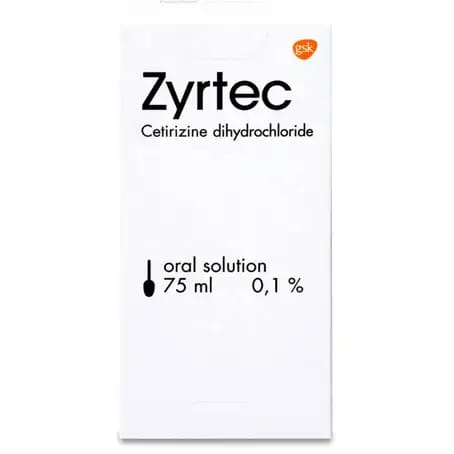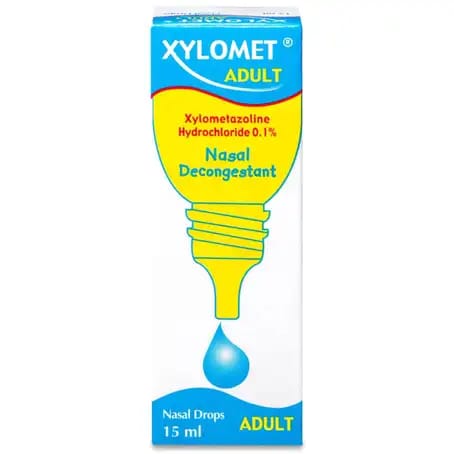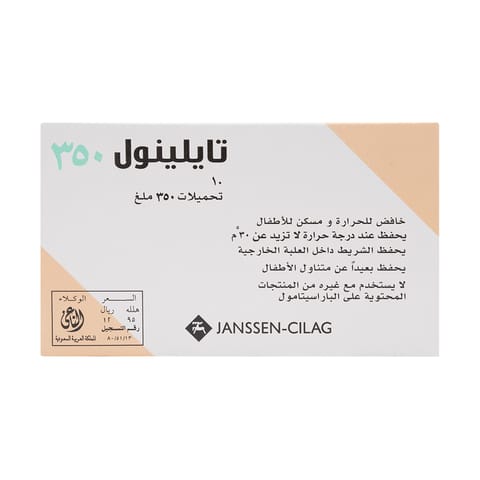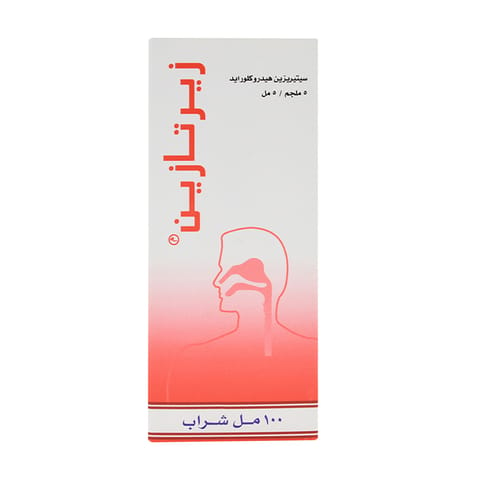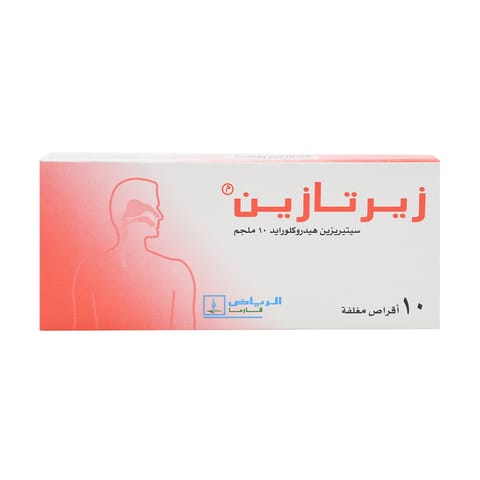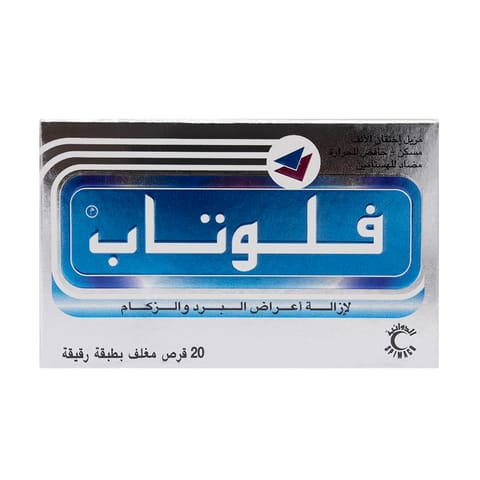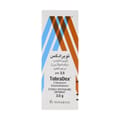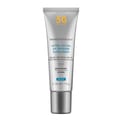What is Levocetirizine dihydrochloride used for
Levocetirizine dihydrochloride is a medication that belongs to a class of medicines called “antihistamines”. It is used for the relief of signs and symptoms related to seasonal allergic rhinitis (allergic reactions triggered by seasonal allergens such as tree pollen, grass pollen, and weed pollen causing stuffy and runny nose) and perennial allergic rhinitis (allergic reactions triggered by perennial allergens such as dust mites, mold, pet dander, and some insects causing stuffy and runny nose). It is also used for the treatment of uncomplicated skin manifestations of chronic idiopathic urticaria (chronic hives that result in itchy, red bumps or wheals).
Do not take Levocetirizine dihydrochloride
• If you are allergic to Levocetirizine dihydrochloride, or any of the ingredients in this medicine. Tell your doctor about the allergy and what signs you had.
• If you have end-stage renal impairment (very poor kidney function) or if you are undergoing hemodialysis.
• If you are 6 to 11 years of age with renal impairment (poor renal function).
Warnings and Precautions
• Talk to your doctor or pharmacist if you develop allergic reactions such as shortness of breath, skin rash, swelling of the face or neck, decreased blood pressure and dizziness.
• Avoid driving or using machines or any other hazardous occupations that necessitate complete mental alertness.
• Avoid taking alcohol or other central nervous system depressants when you are taking this medication.
Possible side effects of Levocetirizine dihydrochloride
Possible side effects of Levocetirizine dihydrochloride include allergic reactions, fatigue, weakness, and drowsiness. Other common side effects that can be seen in patients 12 years of age and older include nasopharyngitis (cold), dry mouth and pharyngitis (inflammation of the pharynx). Additional common side effects that may be seen in children 6 to 12 years of age include: fever, cough and nose bleeds.
Other medicines and Levocetirizine dihydrochloride
Tell your doctor or pharmacist if you are taking, have recently taken or might take any other medications.
• If you are taking theophylline (used to relieve airway spasms).
• If you are taking ritonavir (used to treat HIV).
6323What is Levocetirizine dihydrochloride used for
Levocetirizine dihydrochloride is a medication that belongs to a class of medicines called “antihistamines”. It is used for the relief of signs and symptoms related to seasonal allergic rhinitis (allergic reactions triggered by seasonal allergens such as tree pollen, grass pollen, and weed pollen causing stuffy and runny nose) and perennial allergic rhinitis (allergic reactions triggered by perennial allergens such as dust mites, mold, pet dander, and some insects causing stuffy and runny nose). It is also used for the treatment of uncomplicated skin manifestations of chronic idiopathic urticaria (chronic hives that result in itchy, red bumps or wheals).
Do not take Levocetirizine dihydrochloride
• If you are allergic to Levocetirizine dihydrochloride, or any of the ingredients in this medicine. Tell your doctor about the allergy and what signs you had.
• If you have end-stage renal impairment (very poor kidney function) or if you are undergoing hemodialysis.
• If you are 6 to 11 years of age with renal impairment (poor renal function).
Warnings and Precautions
• Talk to your doctor or pharmacist if you develop allergic reactions such as shortness of breath, skin rash, swelling of the face or neck, decreased blood pressure and dizziness.
• Avoid driving or using machines or any other hazardous occupations that necessitate complete mental alertness.
• Avoid taking alcohol or other central nervous system depressants when you are taking this medication.
Possible side effects of Levocetirizine dihydrochloride
Possible side effects of Levocetirizine dihydrochloride include allergic reactions, fatigue, weakness, and drowsiness. Other common side effects that can be seen in patients 12 years of age and older include nasopharyngitis (cold), dry mouth and pharyngitis (inflammation of the pharynx). Additional common side effects that may be seen in children 6 to 12 years of age include: fever, cough and nose bleeds.
Other medicines and Levocetirizine dihydrochloride
Tell your doctor or pharmacist if you are taking, have recently taken or might take any other medications.
• If you are taking theophylline (used to relieve airway spasms).
• If you are taking ritonavir (used to treat HIV).
Adults and children 12 years of age and older:
5 mg (1 tablet or 2 teaspoons [10 mL] oral solution) orally once daily in the evening. Dose may need to be adjusted in patients with poor kidney function.
Children 6 to 11 years of age:
2.5 mg (1/2 tablet or 1 teaspoon [5 mL] oral solution) orally once daily in the evening. Do not exceed 2.5 mg daily. Do not give this medication for children below 6 years of age.
• Take tablet or oral solution with or without food.
• Take tablet with a full glass of water.
• Take at the same time every day.
Ratings & Reviews
Related products
PROCTO
PROCTO Glyvenol Cream 30GCLARA LORATADINE
CLARA 5 Mg/5Ml Syrup 100MlGAVISCON
GAVISCON Tablet 16Pcs PeppermintOTRIVIN
OTRIVIN 0.1% Nasal drop 10MlZERTAZINE
Zertazine 10 mg Tablet 20pcsZYRTEC
Zyrtec 0.1% Syrup 75 mlXYLOMET
Xylomet 0.1% Nasal Drop 15 ml AdultTYLENOL
TYLENOL Tylenol 350mg SuppZERTAZINE
Zertazine 5 mg/5ml Syrup 100 mlZERTAZINE
ZERTAZINE Zertazine 10 mg 10 TabFLUTAB
FLUTAB Tablet 20 PcsRecently viewed
Whenever you need help, just
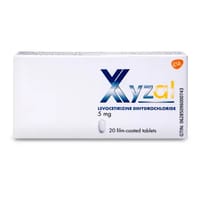
Added to cart
Cart total
SAR 0.00
